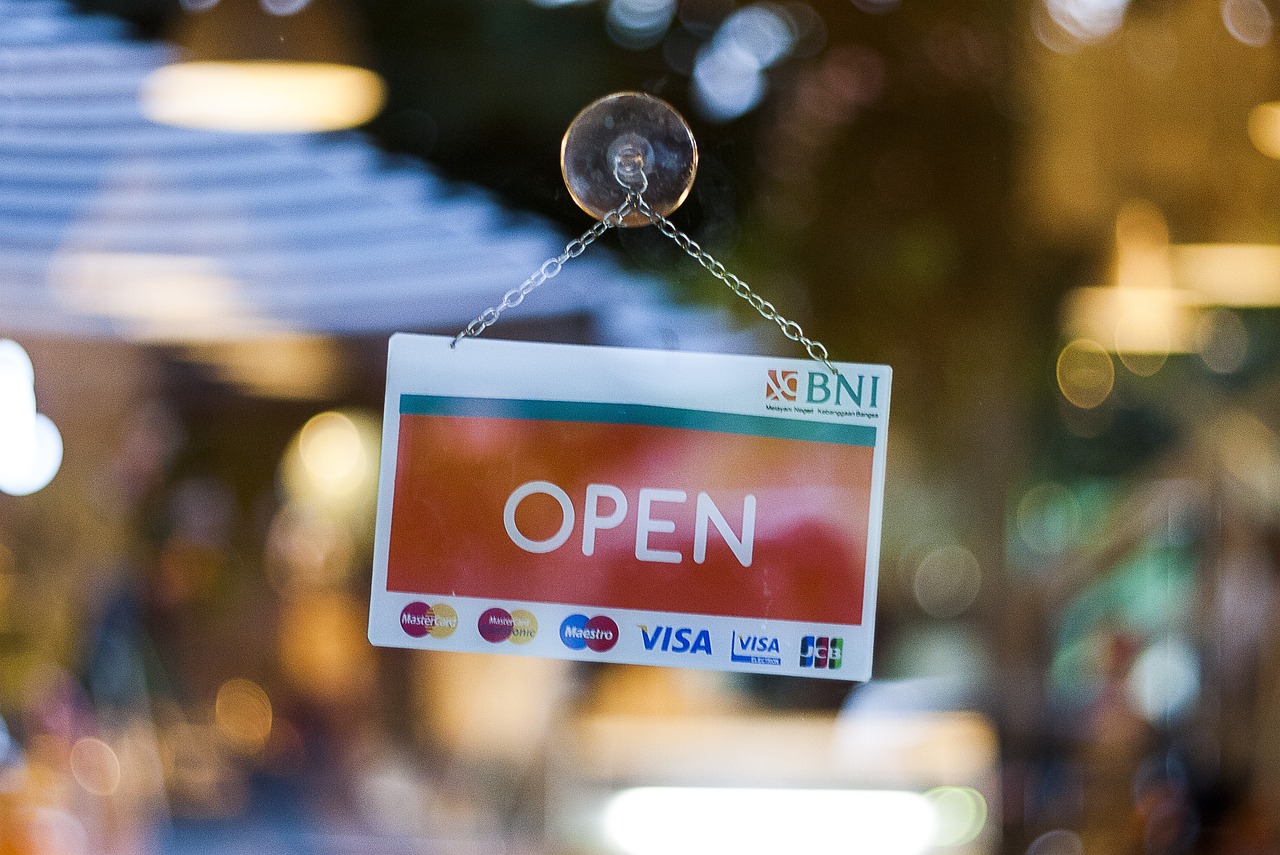The Impact of Cryptocurrency on Financial Transactions and Investments
Cryptocurrency’s emergence has stirred the waters of the traditional financial landscape, challenging established norms and practices. Its decentralized nature and innovative technology have sparked a wave of disruption, forcing traditional financial institutions to adapt or risk being left behind. The ability to facilitate peer-to-peer transactions across borders with minimal fees has reshaped the way we perceive and engage with money.
As more individuals and businesses recognize the potential of cryptocurrency, the financial world is experiencing a paradigm shift. The rise of blockchain technology has not only introduced a new form of currency but has also opened the doors to countless possibilities in various sectors. With its increasing acceptance and integration into mainstream financial systems, cryptocurrency is poised to continue its disruptive influence, reshaping the future of finance as we know it.
The Rise of Digital Wallets and Decentralized Exchanges
Digital wallets have transformed the way individuals manage and store their digital assets. These online tools allow users to securely store various cryptocurrencies and make transactions with ease, eliminating the need for traditional financial intermediaries. Decentralized exchanges offer a platform for users to trade cryptocurrencies directly with one another, without the need for a centralized authority overseeing the transactions.
The rise of digital wallets and decentralized exchanges has provided users with greater control and autonomy over their financial activities. By utilizing these platforms, individuals can execute peer-to-peer transactions, reducing the reliance on traditional banking systems. Additionally, decentralized exchanges promote transparency and security, as transactions are recorded on a public blockchain, ensuring the integrity of the trading process.
Increased Security and Privacy in Transactions
Blockchain technology has revolutionized the way transactions are conducted in the digital realm. By utilizing advanced cryptographic techniques, blockchain ensures that each transaction is securely recorded in a tamper-proof manner. This increased security makes it extremely difficult for malicious actors to alter transaction data or engage in fraudulent activities.
Moreover, the decentralized nature of blockchain technology enhances privacy for users engaging in transactions. Unlike traditional banking systems where personal information is centralized and vulnerable to cyberattacks, blockchain networks distribute transaction data across a vast network of nodes. This decentralized structure ensures that users’ sensitive information remains secure and private, reducing the risk of identity theft and unauthorized access to financial data.
How does cryptocurrency improve security in transactions?
Cryptocurrency transactions are encrypted and decentralized, making them more secure and less susceptible to fraud or hacking.
What are digital wallets and how do they enhance privacy?
Digital wallets are secure online tools used to store, send, and receive cryptocurrencies. They provide users with greater privacy by allowing them to control their own funds without the need for a third party.
Why are decentralized exchanges gaining popularity?
Decentralized exchanges allow for peer-to-peer trading without the need for a central authority, providing users with increased security and privacy in their transactions.
How can individuals ensure their transactions are secure and private?
By using reputable digital wallets, employing strong encryption methods, and conducting transactions on decentralized exchanges, individuals can enhance the security and privacy of their cryptocurrency transactions.







